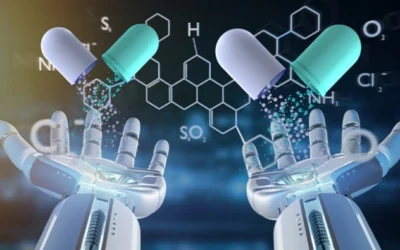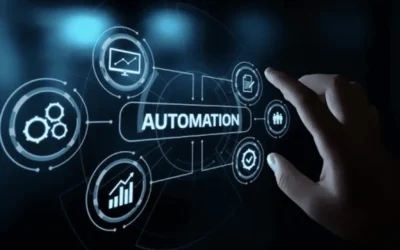Artificial Intelligence (AI) is revolutionizing the way organizations hire talent. From streamlining candidate sourcing to improving assessment accuracy, AI is making recruitment more efficient and data-driven. Traditional recruitment methods are often time-consuming and susceptible to human biases, whereas AI-driven solutions offer automation, predictive analytics, and enhanced decision-making capabilities. This article explores how AI is transforming the recruitment process and what it means for businesses and job seekers alike.

Automated Resume Screening
One of the most time-consuming tasks in recruitment is sorting through hundreds or even thousands of resumes. AI-powered Applicant Tracking Systems (ATS) use Natural Language Processing (NLP) and Machine Learning (ML) to quickly analyze resumes and shortlist candidates based on specific criteria such as skills, experience, and education. These systems reduce human bias and ensure that recruiters focus on the most relevant candidates.
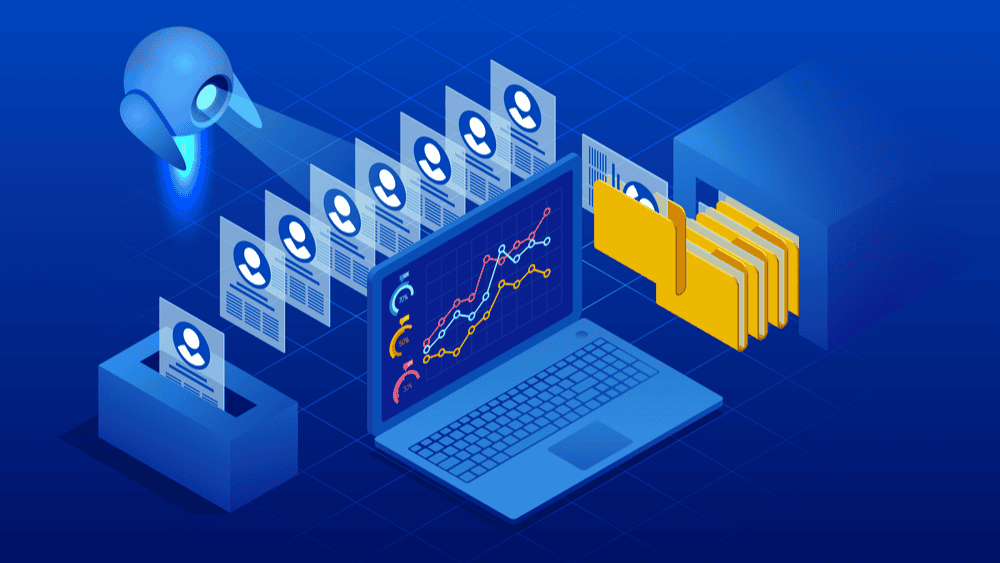
Chatbots for Initial Candidate Interaction
AI-driven chatbots are being used to interact with job applicants, answer their queries, schedule interviews, and even conduct initial screening assessments. These chatbots provide 24/7 engagement, ensuring that candidates receive prompt responses and a seamless recruitment experience. Companies like Mya and Paradox’s Olivia have successfully implemented AI chatbots to improve candidate engagement and efficiency in hiring processes.
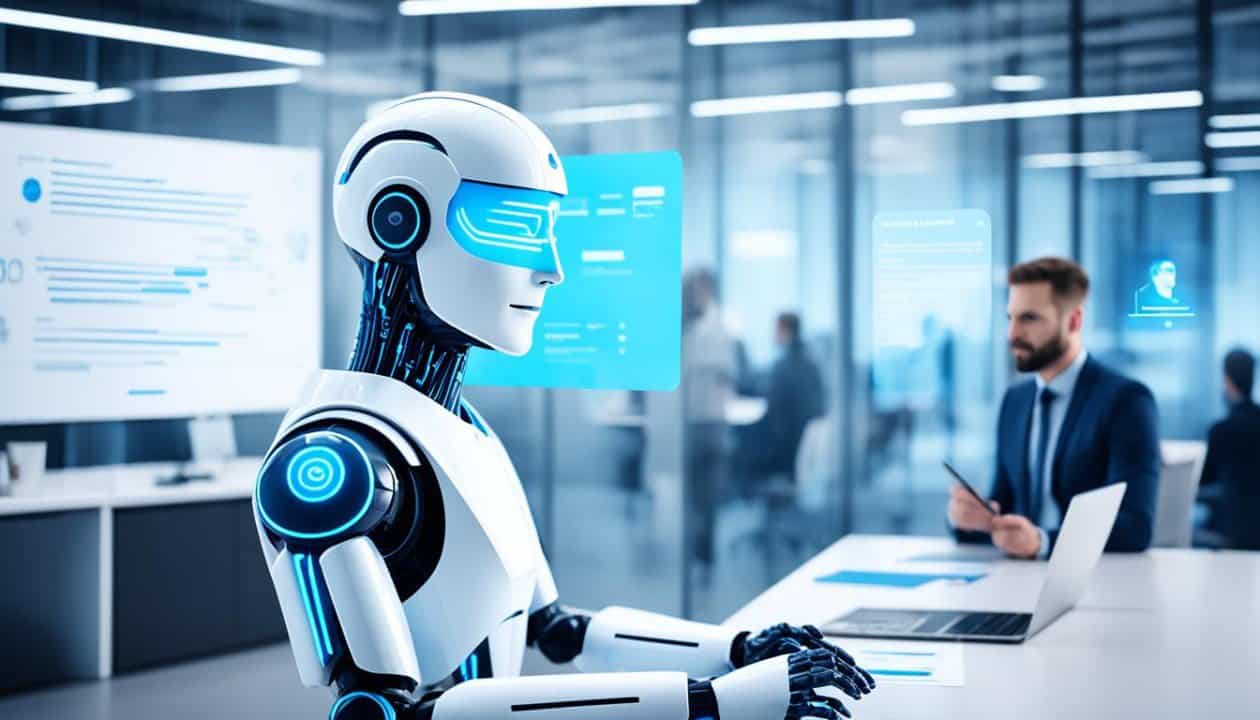
Predictive Analytics for Better Hiring Decisions
AI utilizes predictive analytics to assess candidate suitability by analyzing historical hiring data, employee performance metrics, and job market trends. AI-driven tools can predict which candidates are likely to succeed in a role based on past hiring outcomes, enabling recruiters to make more data-informed decisions and reduce turnover rates.
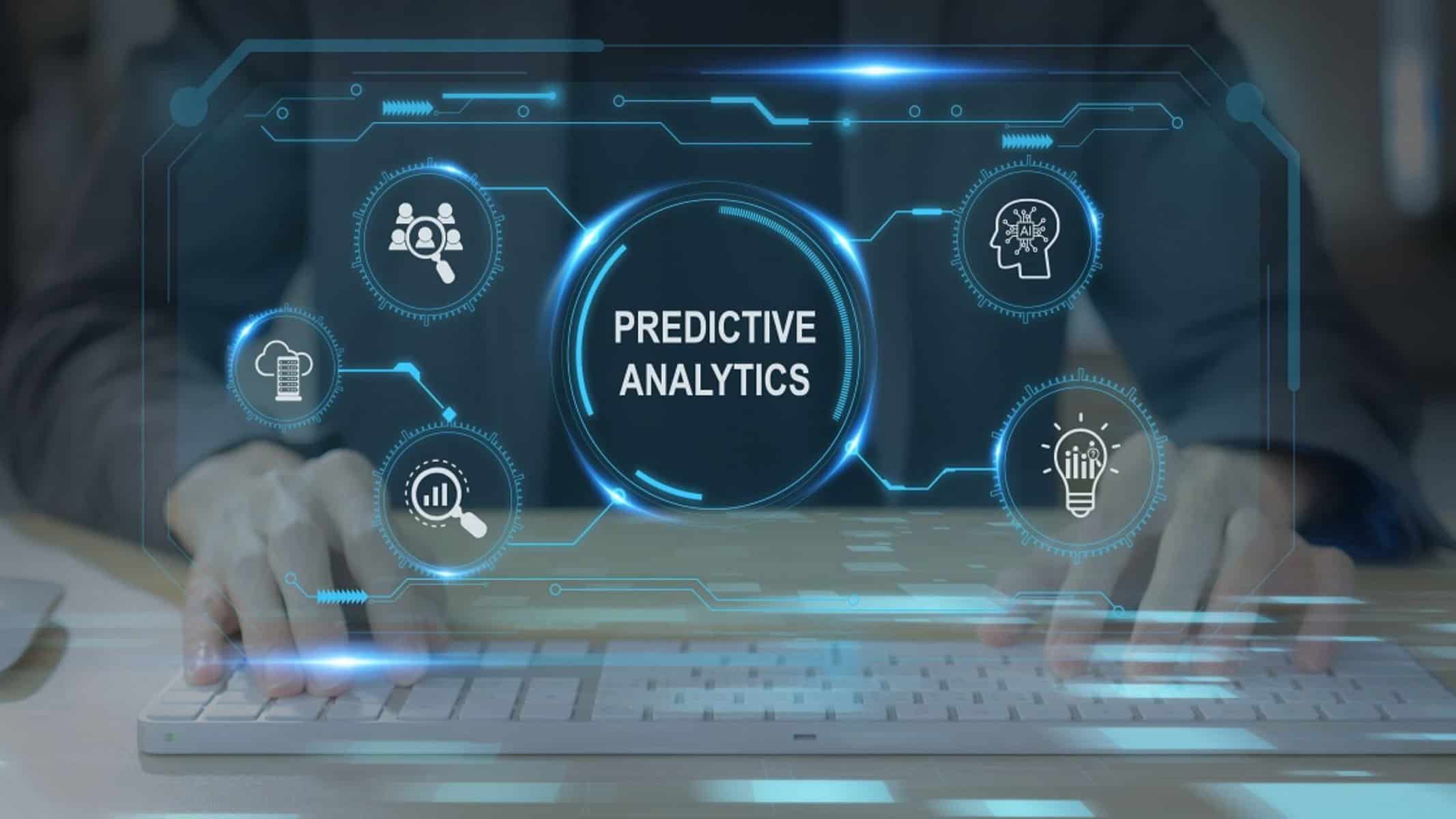
AI-Powered Video Interviews
AI-enhanced video interview platforms analyze candidates’ facial expressions, voice modulation, speech patterns, and responses to evaluate their suitability for a role. Tools like HireVue and Pymetrics use AI to assess soft skills and cultural fit, allowing companies to make more informed hiring decisions. These systems help identify top candidates without the need for in-person interviews, saving time and resources.
Reducing Bias and Enhancing Diversity
AI-driven recruitment platforms are programmed to minimize unconscious biases by focusing on candidate qualifications rather than demographic characteristics. By using objective criteria, AI helps organizations build more diverse and inclusive teams. However, it is crucial to ensure that AI models are trained on unbiased datasets to prevent any form of discrimination.
Enhanced Candidate Experience
AI streamlines the application process by providing personalized job recommendations, real-time application status updates, and automated feedback. Job seekers receive customized alerts based on their skills and experience, improving their overall experience and engagement with potential employers.
Workforce Planning and Talent Acquisition Strategy
AI helps HR departments analyze workforce trends, predict hiring needs, and identify skill gaps within an organization. By leveraging AI-driven insights, businesses can proactively plan their talent acquisition strategies and ensure they have the right workforce for future growth.
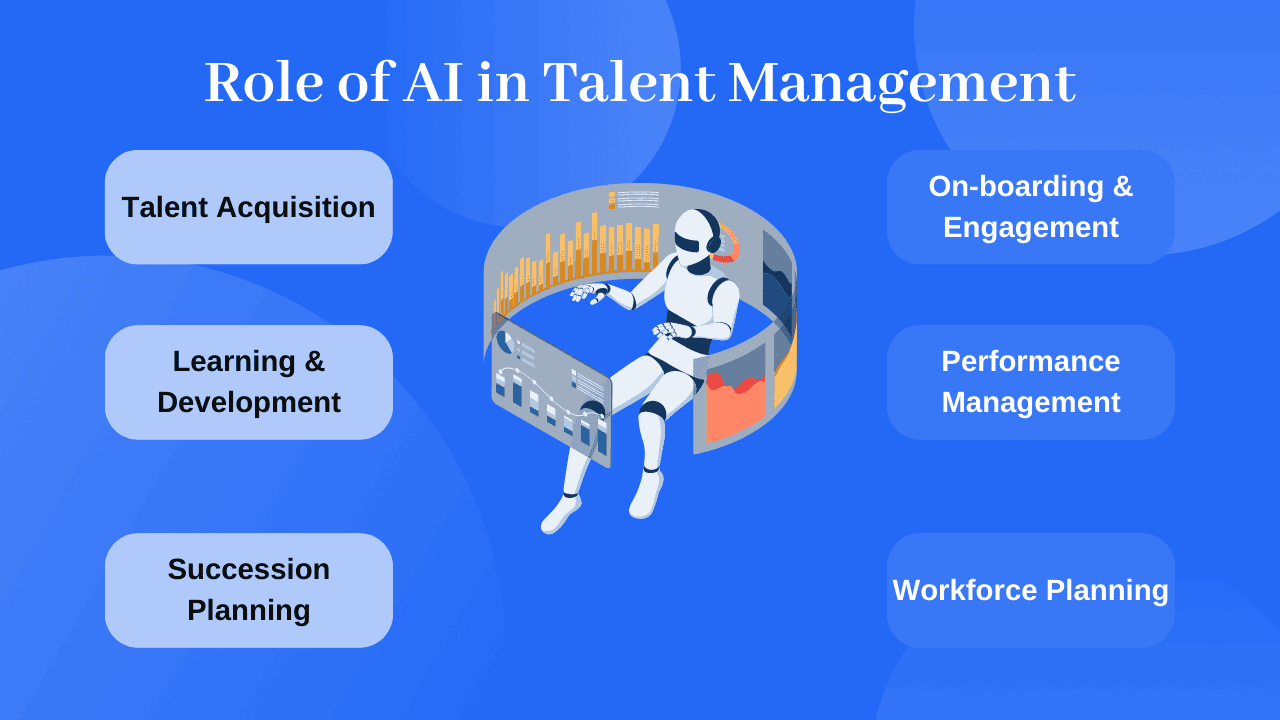
Challenges and Ethical Considerations
While AI brings numerous advantages to recruitment, it also poses challenges such as data privacy concerns, the risk of algorithmic biases, and the need for human oversight. Organizations must ensure that AI tools are transparent, fair, and aligned with ethical hiring practices to build trust with candidates and stakeholders.
Conclusion
AI is fundamentally reshaping the recruitment landscape by automating repetitive tasks, enhancing decision-making, and improving candidate experiences. As AI continues to evolve, businesses must adopt ethical AI practices and leverage these technologies responsibly to maximize their recruitment efficiency. The future of hiring is undoubtedly AI-driven, and organizations that embrace these innovations will gain a competitive edge in attracting and retaining top talent.

